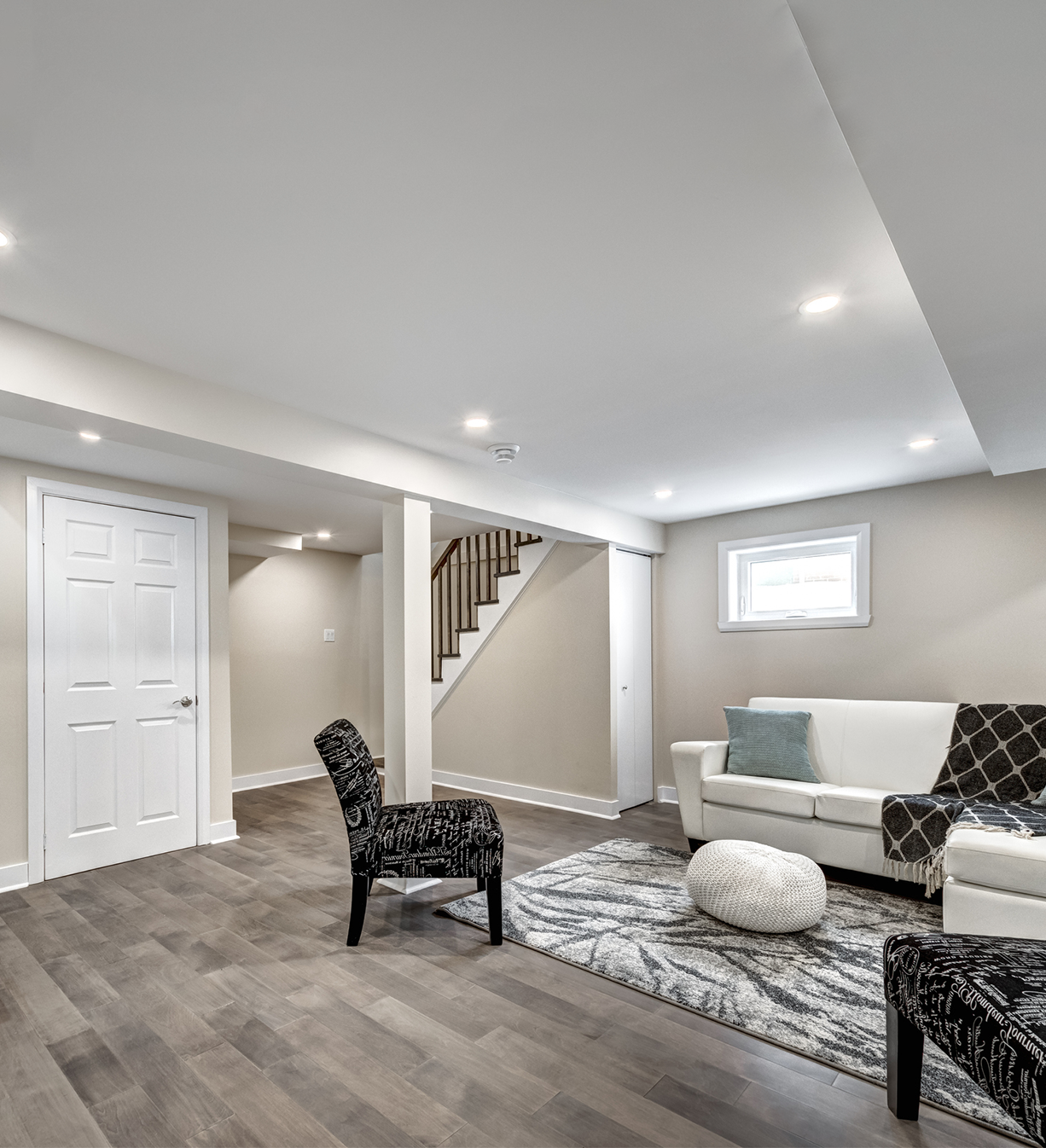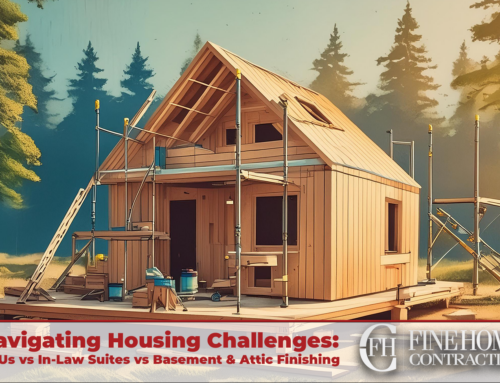Adding extra living space to your home can significantly enhance its functionality and value, whether you’re looking to accommodate family members, generate rental income, or create a dedicated work-from-home space. Two popular options are Accessory Dwelling Units (ADUs) and in-law suites. Each has distinct advantages and considerations that can impact your decision. Here, we’ll explore the differences between these options and help you decide when building a detached structure is worth it.

Understanding ADUs and In-Law Suites
Accessory Dwelling Units (ADUs): ADUs are self-contained living units located on the same property as a single-family home. They can be detached or attached but are always independent of the primary residence, meaning they include their own kitchen, bathroom, and living space.
In-Law Suites: In-law suites, also known as mother-in-law suites or granny flats, are typically attached additions to the main house. They may have a separate entrance but share utilities and some facilities with the main home. These suites often include a bedroom, bathroom, and small living area, and sometimes a kitchenette.
Key Considerations for ADUs and In-Law Suites
Privacy and Independence
ADUs:
- Pros: ADUs offer greater privacy and independence since they are separate from the main house. This separation is ideal for renting out the unit or for occupants who value their autonomy.
- Cons: The detachment can lead to higher construction costs and more stringent zoning regulations.
In-Law Suites:
- Pros: In-law suites provide close proximity to the main house, which is beneficial for family members needing care or for those who prefer a closer connection.
- Cons: Sharing a structure with the main house can reduce privacy for both the suite occupants and the main household.
Cost and Complexity
ADUs:
- Pros: While initially more expensive due to the need for separate utilities and potentially new foundations, ADUs often add significant property value. They also provide a flexible living solution that can be used for rentals or as guest quarters.
- Cons: Higher initial costs and potential zoning and permitting challenges.
In-Law Suites:
- Pros: Typically less expensive to build since they share utilities and structure with the main house. Easier to integrate into the existing home design.
- Cons: Can disrupt the main house’s layout and flow, potentially reducing some aspects of privacy and independence.
Zoning and Permitting
Zoning and permitting regulations vary widely and can significantly impact your decision. In some areas, building a detached ADU may face more regulatory hurdles than an attached in-law suite. It’s crucial to check local regulations early in your planning process to understand what is feasible.
When is Building Detached Worth It?
Building a detached ADU is worth considering when:
- You Value Privacy: For occupants who value their independence, a detached ADU provides the necessary separation from the main house.
- Zoning Allows: Ensure your property’s zoning regulations permit detached structures. Some areas are more accommodating to ADUs due to housing shortages and changing laws.
- You Want Versatility: ADUs offer more versatility for use, including rental opportunities, which can help offset building costs over time.
- Long-Term Investment: Detached units often increase property value more significantly, making them a worthwhile investment for future returns.
Practical Steps and Design Tips
Conclusion
Deciding between an ADU and an in-law suite depends on your specific needs, budget, and long-term plans. Detached ADUs offer greater privacy and flexibility but come with higher costs and regulatory considerations. In-law suites are cost-effective and convenient for family care but may lack the privacy and independence some occupants need.
By carefully evaluating your goals and consulting with professionals, you can make an informed decision that enhances your home’s functionality and value. For expert advice and assistance in planning your home addition, contact Fine Home Contracting. Our team is here to help you create the perfect solution tailored to your lifestyle and goals.
Ready to expand your living space? Contact Fine Home Contracting today to explore your options and start planning your dream addition.







